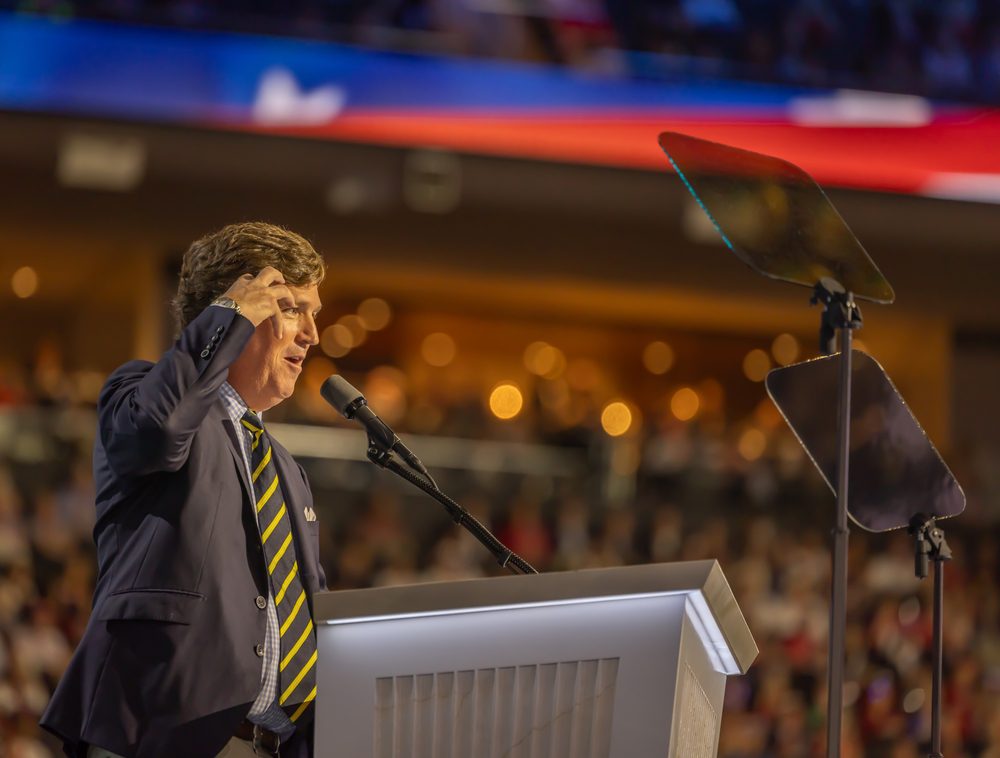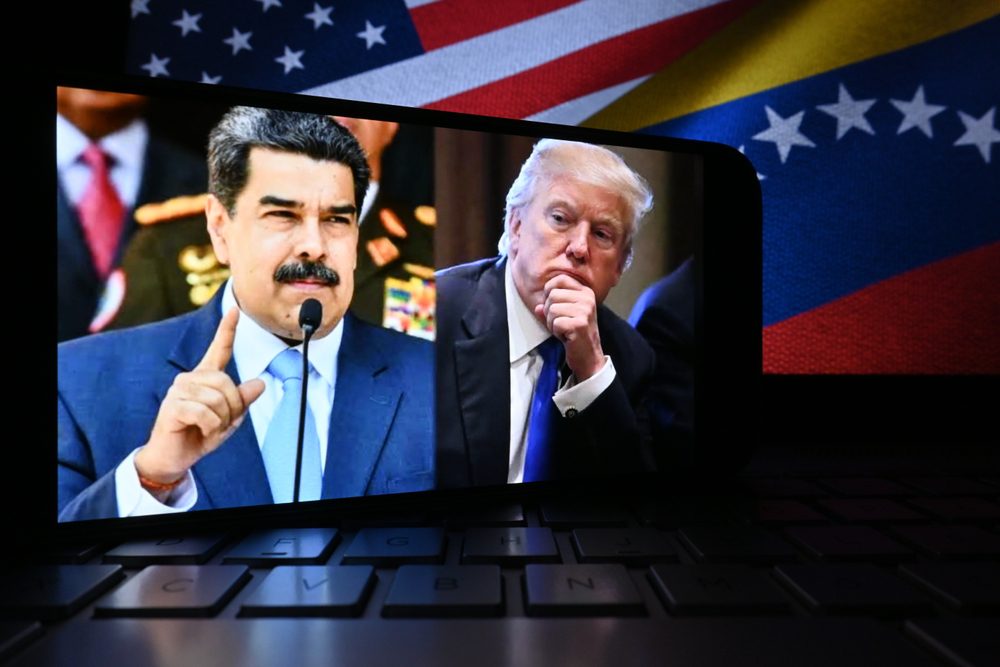
Sid Salter
- Mississippi owes about 24,000 jobs to shipbuilding and holds a Top 10 ranking in the shipbuilding industry, notes columnist Sid Salter.
As noted in prior writings on this topic, only Walmart employs more Mississippians than what Mississippians have since 1938 known as Ingalls Shipbuilding in Pascagoula (now formally Huntington Ingalls Industries) – but the pay and benefits for shipbuilding are far better for those 11,000 Mississippi employees than at the big box store.
Earlier this month, the U.S. Navy announced a contract worth just under $1 billion with Ingalls to build four amphibious warships including three San Antonio-class transport ships and one amphibious assault ship between 2025 and 2029.
Ingalls in 2023 won contracts to build six Arleigh Burke-class Flight III guided missile destroyers in a five-year deal. Each destroyer is estimated by U.S. Naval Institute News to cost about $2 billion.
Since 2018, Ingalls was awarded the following major shipbuilding contracts from the U.S. Navy: $931 million for construction of two new U.S. Coast Guard national security cutters (NSCs); $1.47 billion for construction of a new San Antonio class amphibious loading platform dock (LPD) ship; and $931 million for a planning yard contract for Littoral combat ships.
In 2022, Bollinger Shipyards of Louisiana acquired the former VT Halter Marine in Pascagoula and renamed the complex as Bollinger Mississippi Shipbuilding. In the $15 million sale, Bollinger acquired VT Halter’s $746 million, six-year contract to build three heavy polar icebreaker cutters for the Coast Guard. It currently employs 2,006 workers.
With direct, indirect and induced jobs combined, Mississippi owes about 24,000 jobs to shipbuilding and holds a Top 10 ranking in the shipbuilding industry.
Maritime industry analyst Marine Insight ranks Mississippi 8th on its list of top U.S. shipbuilding complexes, including Austal USA in Mobile, General Dynamics in San Diego, Newport News (part of the Huntington Ingalls corporate family) in Virginia, Philadelphia (PA) Shipyards, Maine’s Bath Iron Works, Fincantieri Minnette Marine in Wisconsin (two yards), Vigor Industrial Portland in Oregon, and BAE Systems in Mobile and Jacksonville, FL, as the rest of the list.
But shipbuilding and ship repair in the U.S. have declined precipitously over the last two decades. And shipbuilding is far more than the making of U.S. warships.
China, South Korea, Japan, and other foreign countries control some 93 percent of global commercial shipbuilding. Consider the global merchant fleet. What is that? Oil tankers, container ships, general cargo carriers, and other so-called “bulk carriers.”
About 52% of the global merchant fleet was owned by Asian companies with 41% owned by European nations. North American firms owned just 6% of the global merchant fleet.
So how do the presidential and congressional elections impact Mississippi’s shipbuilding industries? Control of the White House equates to the appointment of the Secretary of Defense and the Secretary of the Navy.
Control of the two houses of Congress equates to control of the committees making U.S. Navy policies and funding military shipbuilding. Republican Mississippi senior U.S. Sen. Roger Wicker is the ranking GOP member of the Senate Armed Services Committee, and he is poised to become chair of that committee if the GOP controls the Senate after the November elections.
Recently, the Navy debuted the new submarine USS Idaho, the Virginia-class nuclear submarine equipped with innovative stealth systems, sophisticated surveillance capabilities, and special warfare enhancements. At the same time, China – the greatest maritime threat to U.S. naval superiority – is launching its own new nuclear submarines that are longer, more stealthy and able to stay submerged longer.
Combined with the long-feared technological “great underwater wall” – in which China combines improved and increased numbers of nuclear submarines with a “wall” of seabed monitoring sensors – many defense analysts fear a real threat to U.S. naval superiority in the Pacific and the viability of our related security promises to Taiwan.
The two key issues between the U.S. and China remain trade and national security. Republicans and Democrats have differed more on trade policy than on national security issues, but China remains an existential threat and the rapid advancement of Chinese naval capabilities and growing foreign control of the merchant fleet should concern both parties.
Shipbuilding matters.







